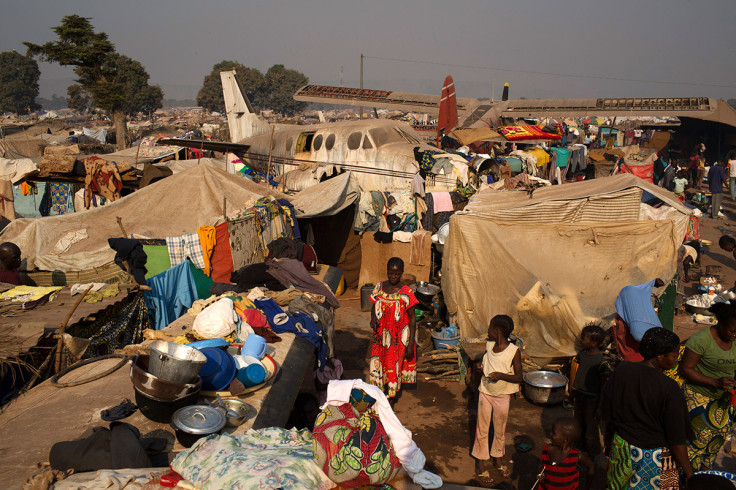UN on Central African Republic Conflict: High Risk of Genocide

A UN humanitarian official has warned against the risk of genocide in Central African Republic, where an ethnic conflict has caused over 1,000 deaths and left thousands uprooted.
"It has all the elements that we have seen elsewhere, in places like Rwanda and Bosnia. The elements are there, the seeds are there, for a genocide. There's no question about that," John Ging, director of operations for the UN Office for Coordination of Humanitarian Affairs, told a news conference in Geneva.
Ging described the situation in CAR as a "mega-crisis" where humanitarian needs are urged for thousands of displaced people.
Although the clashes appear to have diminished, killings and human rights violations are still being carried out with impunity.
A case of cannibalism has been reported too.
France, which has deployed 1,600 troops to CAR to end the conflict, underestimated the level of hatred between Christian and Muslim communities "who want to kill each other," ambassador Gerard Araud told the UN meeting.
Other EU countries were urged to deploy troops too.
The UN has also revealed that Chadian citizens, including peacekeepers, carried out killings during the conflict, during an investigation conducted by interviewing 183 people.
The preliminary findings of the investigation suggest the deployment of French troops and the reinforcement of African peacekeepers has deterred further large-scale attacks by ex-Séléka against anti-Balaka and Christian civilians.
US called for Central African Republic to hold transparent and democratic election in order to choose a new leader able to halt the ongoing violence and terminate a period of grave instability.
"The United States is closely following the ongoing deliberations of the Central African Republic's Transitional National Council as it works to select a new president and prime minister," deputy State Department spokeswoman Marie Harf said.
"We urge that the selection process be transparent, include a full range of political, religious, and civil society representatives."
The election aims to replace former President Michel Djotodia who resigned as he was unable to halt the bloodshed throughout the country.
Djotodia, CAR's first Muslim leader, became president after a coup d'état staged by the Muslim Séléka group last March.
Following the overthrowing of the then president Francois Bozize, from CAR's majority Christian population, the country has descended into sectarian violence between Muslim Séléka and Christian Anti Bakala groups.
© Copyright IBTimes 2025. All rights reserved.






















